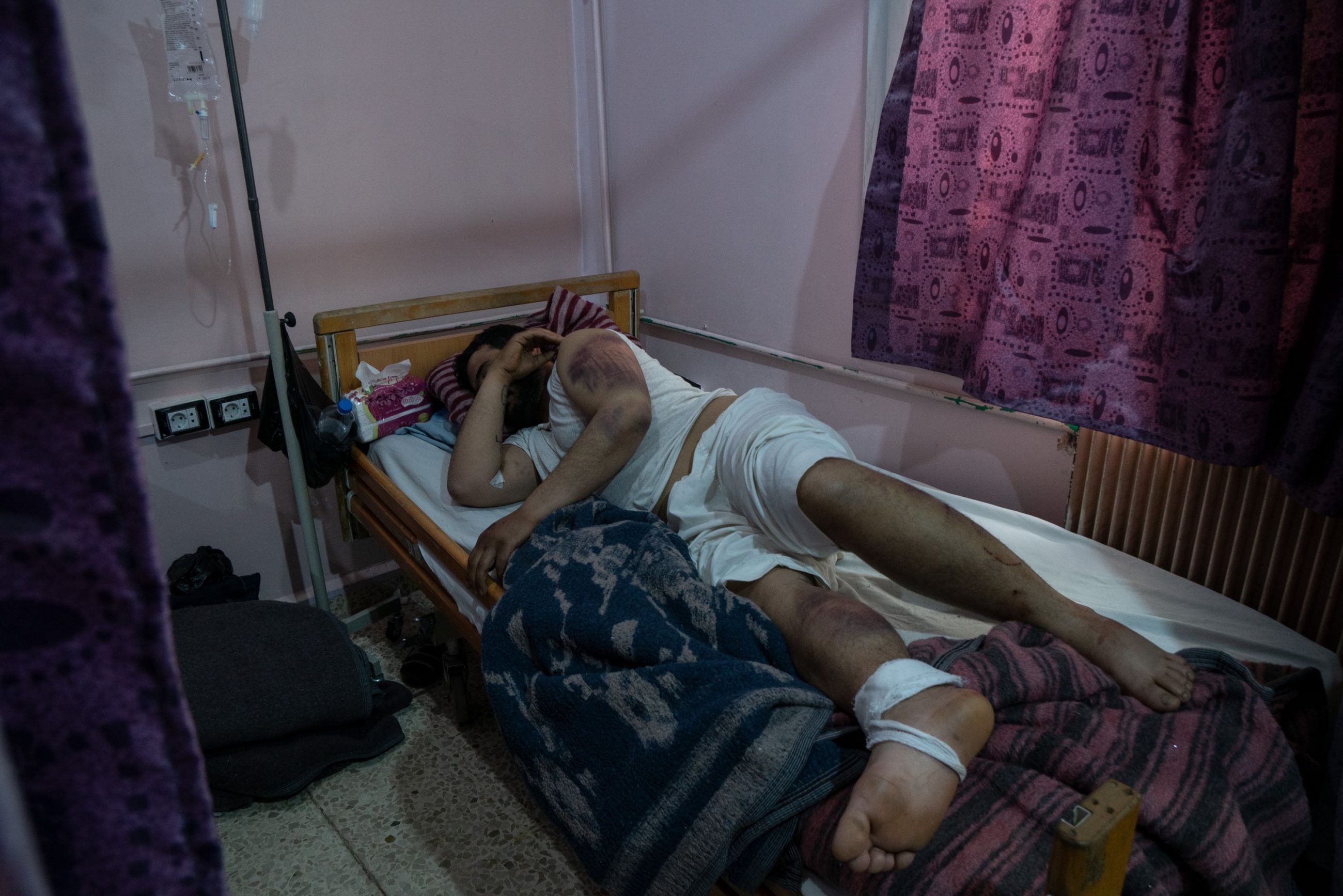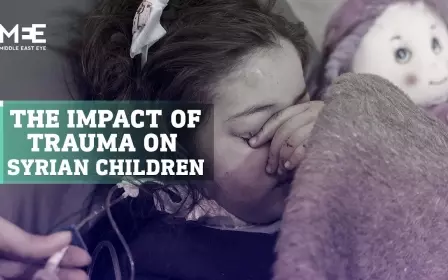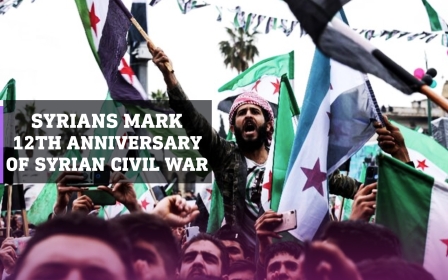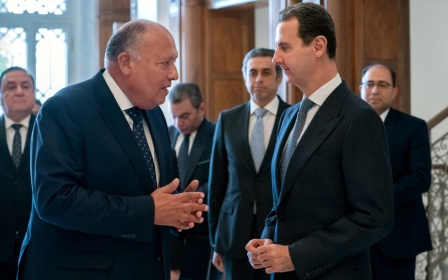Turkey arrests three soldiers over the killing of Syrians at border

Turkish police arrested three soldiers on Saturday for their role in killing two Syrians at a border crossing in Hatay earlier this month.
According to Turkish media outlets, eight Syrians entered Hatay in the south of Turkey on 11 March. A subsequent investigation found that the Syrians had been beaten by three soldiers.
Two Syrians that were forced to drink diesel later died, while others testified to being tortured.
Following the deaths, two lieutenants and one first lieutenant were arrested and charged with “killing people”. They were later released pending trial.
Despite their ill-treatment at the hands of Turkish law enforcement authorities, six of the surviving Syrians were deported back to Syria.
One of the migrants who the ordeal spoke to Middle East Eye earlier this month.
"The Turkish gendarmerie forced us to drink diesel fuel by force, and I was severely beaten with several tools, including electricity cables, sticks and iron skewers," said 16-year-old Youssef Muhammad al-Harj, who had been displaced from the Aleppo countryside.
He said the security services forced them to take off their clothes, took their phones and broke them, then filmed them before they started beating and "torturing" them.
"I lost consciousness several times. Several times they threw cold water on me so that I could wake up and [they could] torture me again," he said.
According to the Violations Documentation Centre in northern Syria, the number of Syrians killed by the Turkish gendarmerie since the start of the war in 2011 stands at 555 people, including 103 children under the age of 18 and 67 women.
In addition, 2,295 people have been injured by gendarmerie bullets while trying to cross the border. Residents of Syrian border villages and towns and farmers have also been targeted by the gendarmerie with live bullets.
Repeated abuses
Zakaria Qastal, a 34-year-old displaced person from the village of as-Samra in the eastern countryside of Hama, told MEE his "cousin died before my eyes while he was being beaten and tortured by the Turkish gendarmerie".
"They were going to throw him in a bush near the border, but I prevented them and started screaming with all my might," he said, adding that he could barely walk as a result of the beatings he endured.
"It was our only sin that we were going outside Syria to search for work and a source of livelihood for our families. I have seven children.
'My cousin, who died as a result of torture, was only 19. He was going to search for a job and a new future'
- Zakaria Qastal, displaced Syrian
"I was going to Turkey to secure work and a living for them. My cousin, who died as a result of torture, was only 19. He was going to search for a job and a new future."
Millions of Syrians have crossed the border into Turkey since the beginning of the Syrian civil war in 2011.
Although the Turkish government initially welcomed the Syrians as "guests", there has been increasing animosity towards Syrians in the country and politicians across the spectrum have exploited anti-Syrian sentiment and called for their return to their homeland.
However, refugees have continued to head for the Turkish border, a situation exacerbated by last month's earthquakes, which devastated much of Syria and southeastern Turkey.
Turkey has built a separation wall along its border with Syria, which is over 9ookm long, to prevent the entry of refugees, which the Violations Documentation Centre said had resulted in the deaths and injuries of civilians.
According to Mazen Alloush, director of the public relations and media office at the Bab al-Hawa border crossing, they were receiving daily deportees from Turkish territory, including those arrested while crossing the border illegally.
"We call on the Turkish government to open an immediate investigation into the [torture] case, to find out the circumstances of the accident, especially since this matter has been repeated a lot in the recent period," he said.
Middle East Eye delivers independent and unrivalled coverage and analysis of the Middle East, North Africa and beyond. To learn more about republishing this content and the associated fees, please fill out this form. More about MEE can be found here.




